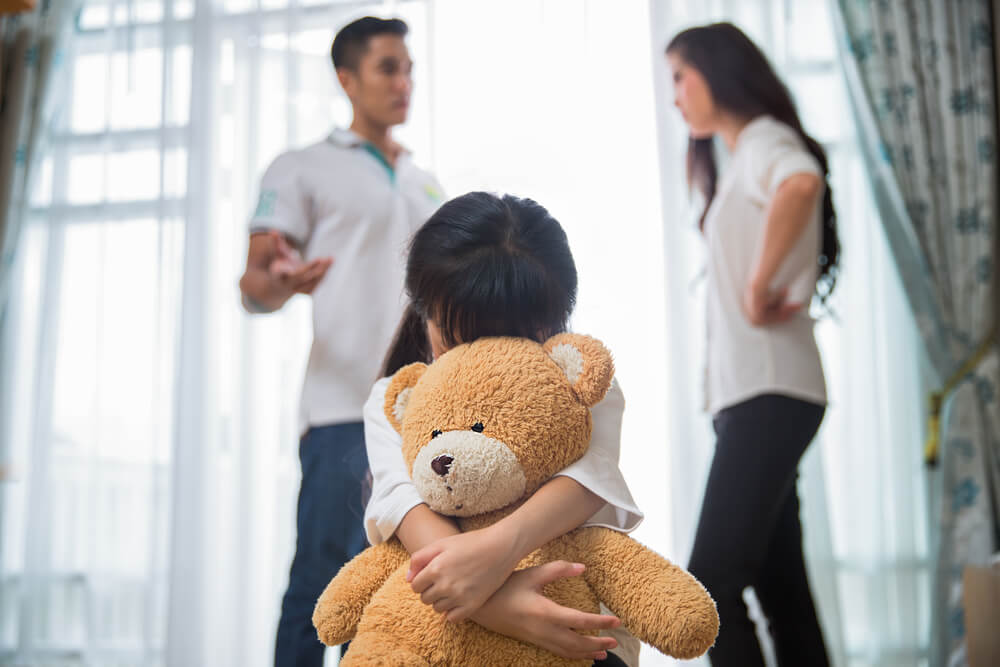
7 Times You Got Parenting Wrong
1 Jul 2022 | 4 min Read
Tinystep
Author | 2574 Articles
Being a parent is like being an intern or your first job in the corporate world. You’ve never done this before, you rely on the experts and you learn from experience. We know that parenting can be hard, which is why we’ve listed a few potentially harmful parenting practices that might be doing your children more harm than good. These are the most common mistakes made by new parents. Pay close attention, as you might be guilty of some of these as well!
1. Cutting off your children from risky situations
Not letting your children experience risk situations might be the worst thing you can ever do to them. By doing this, you prevent them from making mistakes. If there are no mistakes, there is no lesson that is learnt. Yes, you can teach them the lesson by telling them the moral of the story, but those lessons never stick around and we all know that. Let your little one deal with situations, while you stay behind them and guide them when they need your help.
2. “You have 5 seconds do to this”
Giving them a time limit to do any work not only discourages them, but also creates fear in their mind about you. Getting them scared of you should be the last thing on your mind. Scaring them and giving them a deadline stops them from thinking creatively. A child’s mind should run wild and free, their imagination should soar higher than ever, as this will help make them confident individuals. Never limit them on an activity even if you have the naughtiest toddler.
3. Being their forever safety net
Being there to catch them when they fall is good parenting, but being there for them on every step of the way is not. Helping them make all their decisions will prevent them from thinking about cause and effect, which in turn will inhibit them from making the right decisions when they grow up. Now, that is not what you want for your little girl or boy, right? We know you love them, but it’s a good idea to let them take a few decisions.
4. “That’s what bad kids do”
Scolding them or yelling at them with that sentence is not going to help anybody, trust us. Instead of saying “that is what bad kids do” try and give them a few examples as to what else they can do. Giving them an alternative will help them think differently. At the same time, don’t force your alternative suggestions on them as this will lead to them not thinking for themselves, as in their heads, you will always be there to tell them what to do and what not to do.
5. Feeling guilty when correcting their behaviour
Your kid is your whole world, we understand that, but melting in front of their puppy eyes all the time is not a good thing. The sound of them crying might make you change our decisions, but you’ve got to be strong and put a foot down on some decisions. Feeling guilty about hurting them and backing out will only make them brats and kids who never respect others. So, correct their mistakes, it will only help them learn more.
6. “Why can’t you be like Sharma’s kid?”
Comparing your kid with other kids is the worst. Never compare your child with somebody else’s, as this doesn’t improve your kid’s result, and instead discourages them. It might lead to some insecurities that eventually will inhibit them from living a full and happy life.
7. Not practising what you teach
As the famous saying goes, it is easier said than done. Teaching them to do the right thing, but letting them off when they do the wrong thing is not what you want to do. Teaching them a moral lesson and enforcing the same in front of them will have a much stronger impact. Actions mean more than words – practice what you teach your children at home. Don’t let your children take your teachings for granted.
A


Suggestions offered by doctors on BabyChakra are of advisory nature i.e., for educational and informational purposes only. Content posted on, created for, or compiled by BabyChakra is not intended or designed to replace your doctor's independent judgment about any symptom, condition, or the appropriateness or risks of a procedure or treatment for a given person.
